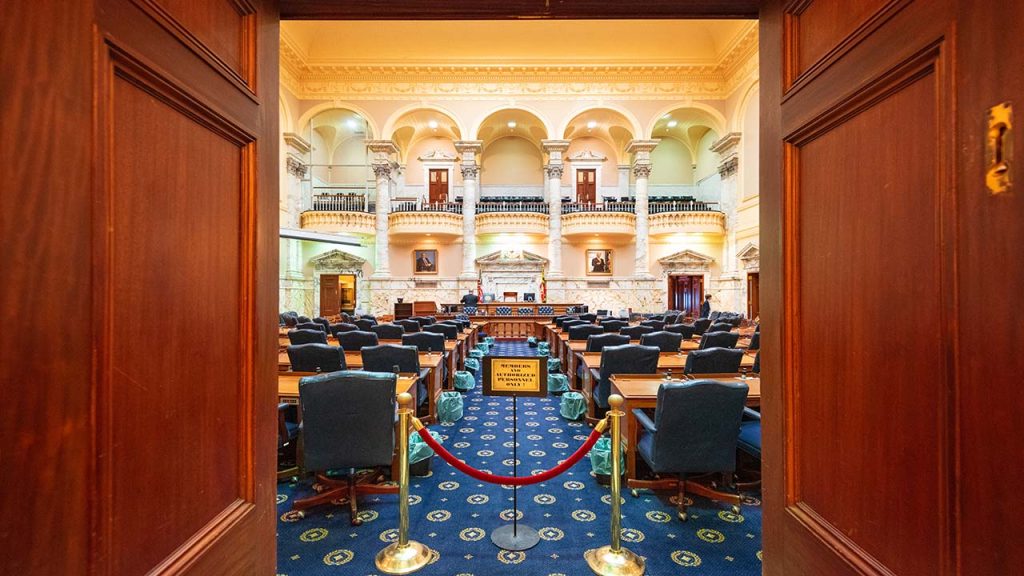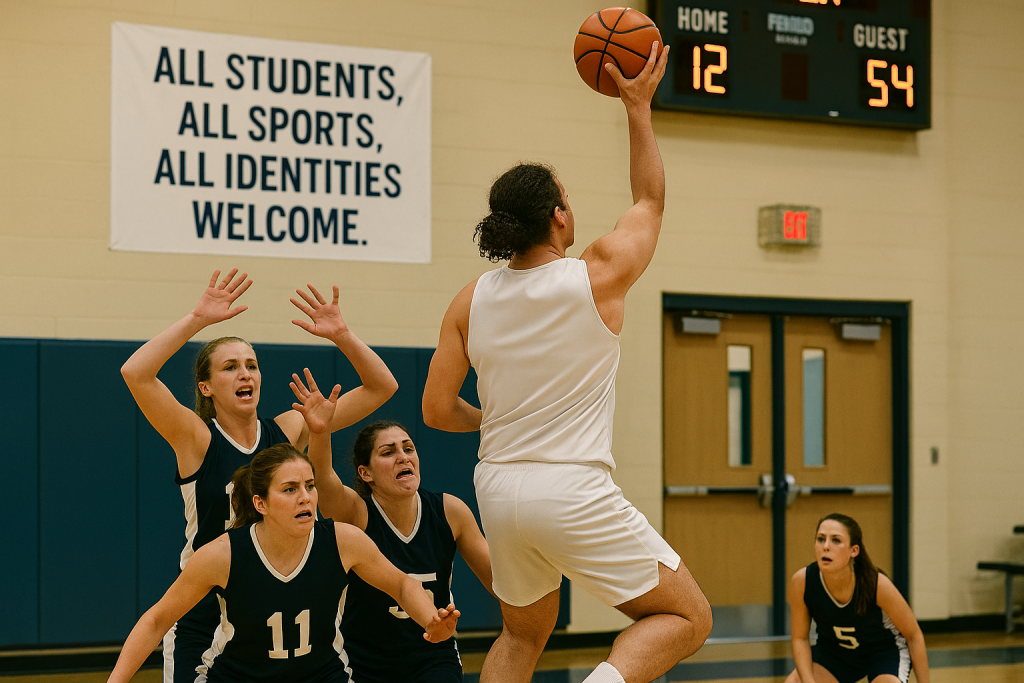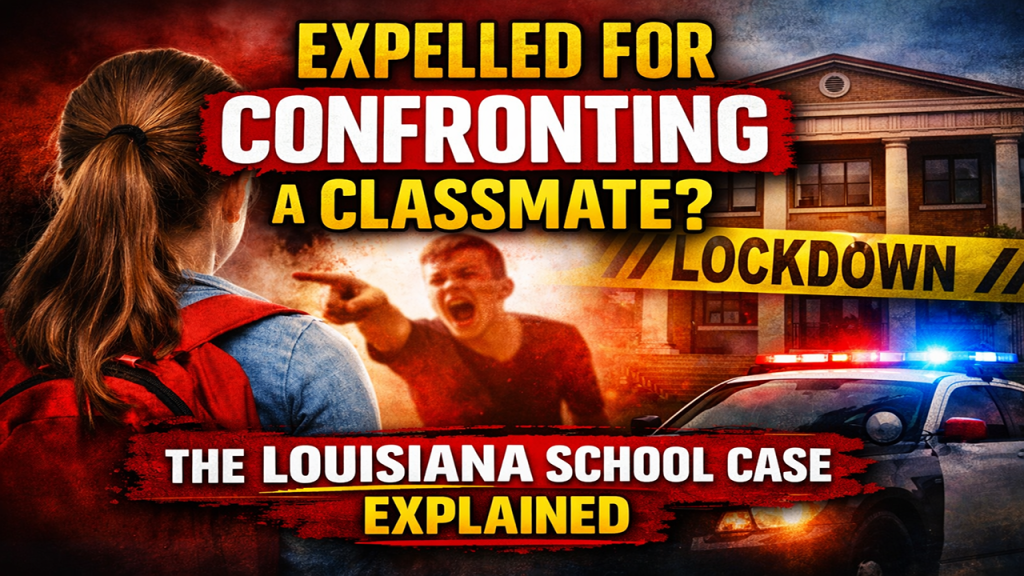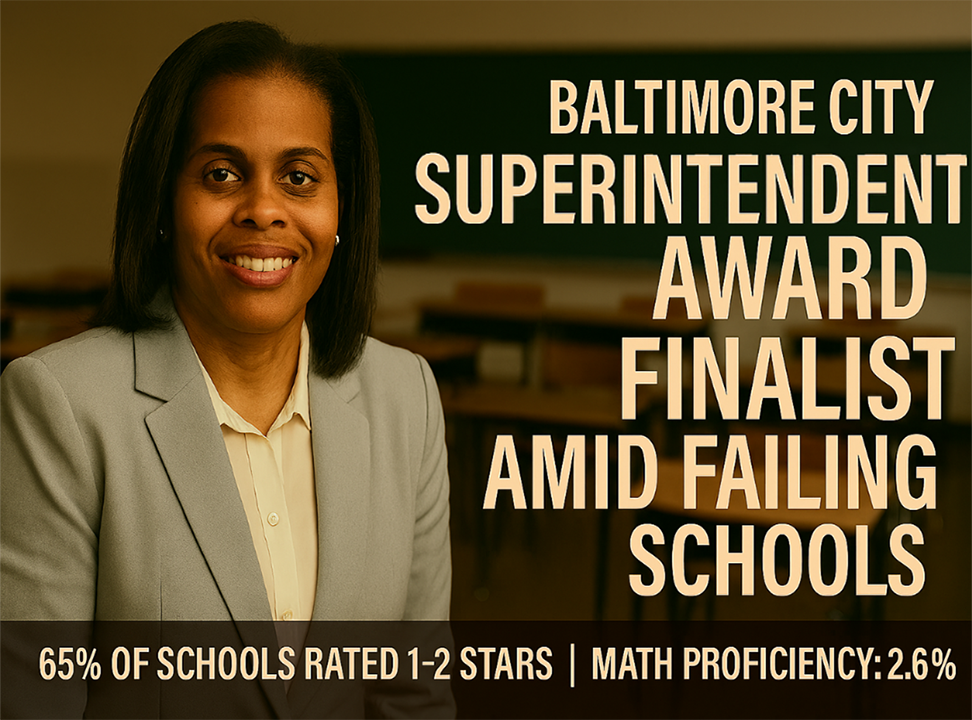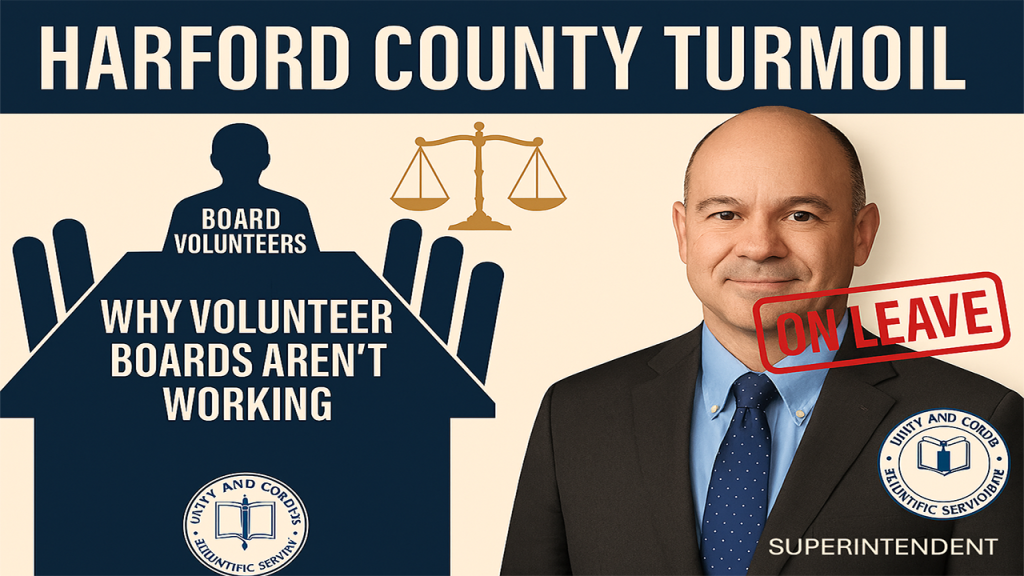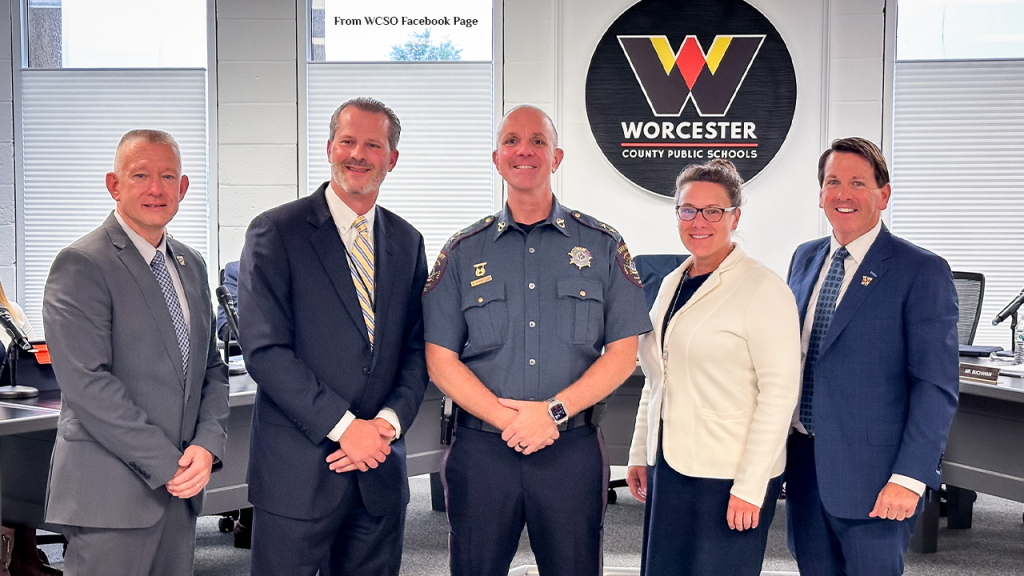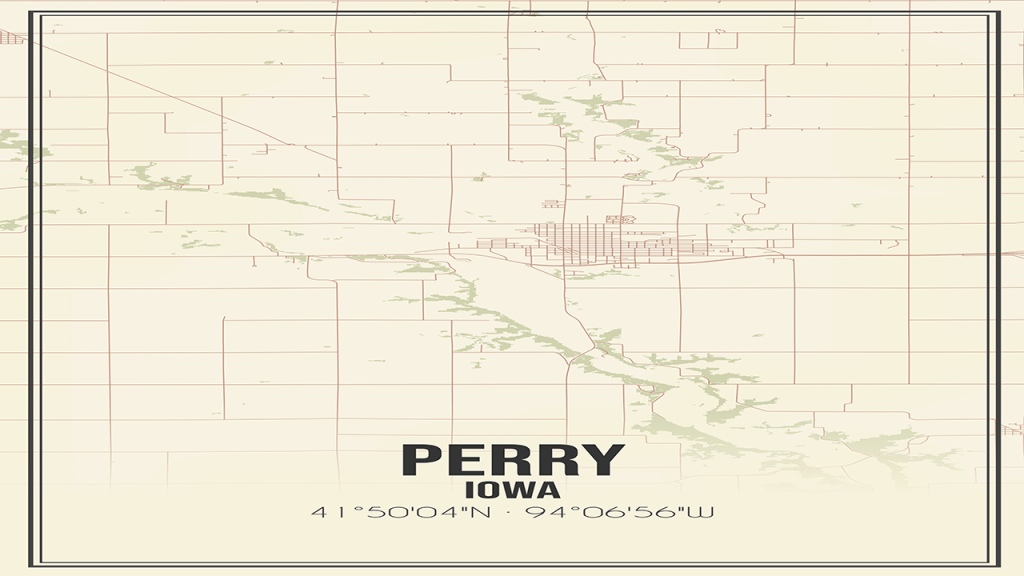

Federal Court Rules on Student’s Right to wear Mexican Sash at Graduation
A federal judge from the U.S. District Court has made a ruling that permits a school district to prohibit a student from wearing a sash representing her Mexican-American heritage at her upcoming graduation ceremony.
Judge Nina Wang, the author of the ruling, denied the request for an emergency restraining order that aimed to prevent Garfield County School District 16 from enforcing its graduation dress code policies. As a result, Naomi Peña Villansano, a senior at Grand Valley High School, will not be allowed to wear the sash during the commencement on Saturday.
According to the ruling, the court determined that while various regalia are optional for graduates to wear alongside their cap and gown, the school district has the authority to exercise discretion and supervision over any form of expression during the graduation ceremony.
Judge Nina Wang was confirmed for her position in the U.S. District Court for the District of Colorado last year.
This lawsuit emerged from a month-long dispute regarding whether Naomi Peña Villansano could wear a personalized sash honoring her Mexican-American heritage during her graduation ceremony. The school district argued that the sash violated their graduation policies, which only permit decorative elements on the graduation cap. Peña Villansano and her legal representatives contended that this restriction infringed upon her First Amendment rights.
Ken Parreno, the attorney representing Peña Villansano’s case on behalf of the Mexican American Legal Defense Fund, stated, “This is a clear case of discrimination and an infringement on Naomi’s freedom of speech.”
The emergency hearing was held on Friday morning in Denver after Peña Villansano filed a lawsuit against Garfield County School District 16 on Wednesday. The lawsuit claimed that the school district not only violated federal free speech rights but also those protected by the Colorado Constitution.
Furthermore, Peña Villansano’s lawyers argued that the district was contravening a 2006 Colorado law designed to safeguard students’ display of the American flag. The sash in question showcases both the United States and Mexican flags on opposite sides.
However, the school officials emphasized that the issue at hand was a matter of policy. Holly Ortiz, an attorney representing Garfield County School District 16, stated, “The district has a vested interest in promoting unity among the students.”
During the hearing, a significant point of contention was which case law pertaining to student free speech should be applied in this particular case — Tinker v. Des Moines or Hazelwood v. Kuhlmeier. Both cases address student speech. The Tinker case, which was cited in Peña Villansano’s lawsuit, upheld a student’s right to free expression, while Hazelwood established criteria for limiting that speech. Attorneys debated which standard was applicable in this situation.
Lawyers representing Garfield County School District 16 also referenced a 1998 case in which the U.S. District Court ruled in favor of school officials after two students from Arvada High School filed a lawsuit seeking permission to wear kente-cloth sashes at their graduation.
Dig Deeper With Our Longreads
Newsletter Sign up to get our best longform features, investigations, and thought-provoking essays, in your inbox every Sunday.
The MEN was founded by John Huber in the fall of 2020. It was founded to provide a platform for expert opinion and commentary on current issues that directly or indirectly affect education. All opinions are valued and accepted providing they are expressed in a professional manner. The Maryland Education Network consists of Blogs, Videos, and other interaction among the K-12 community.




